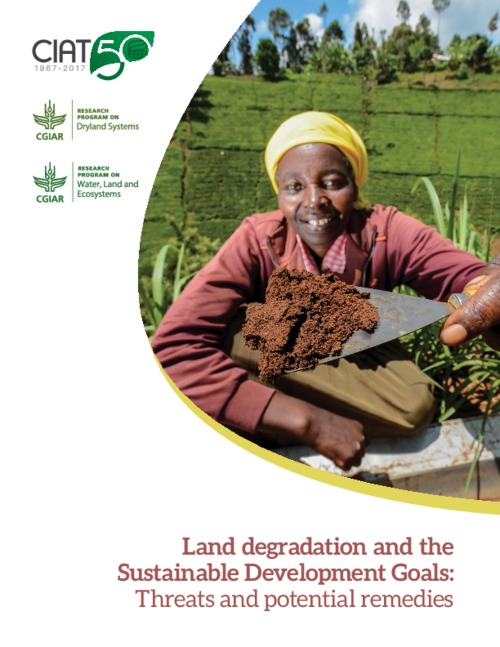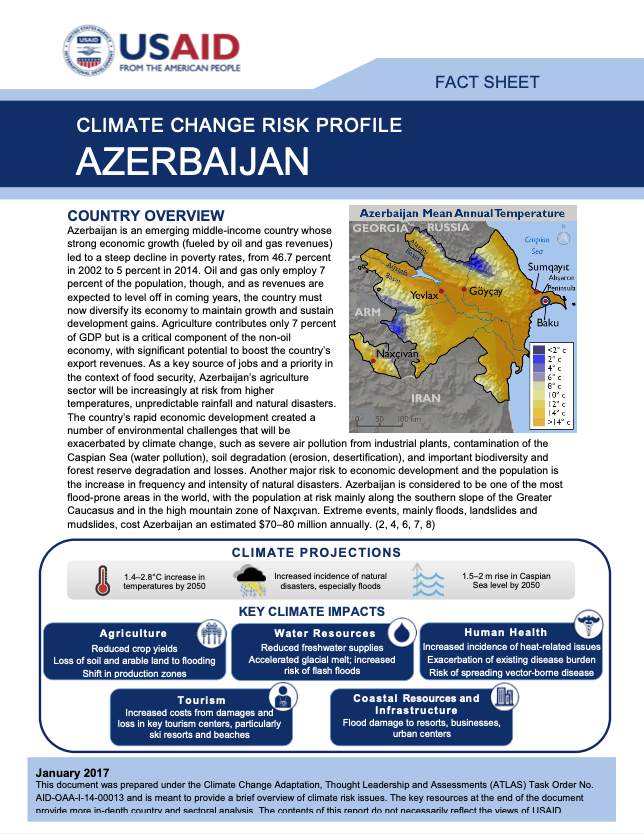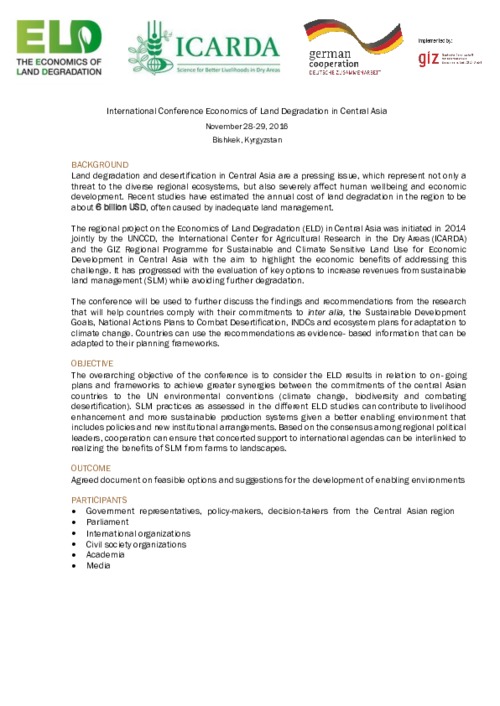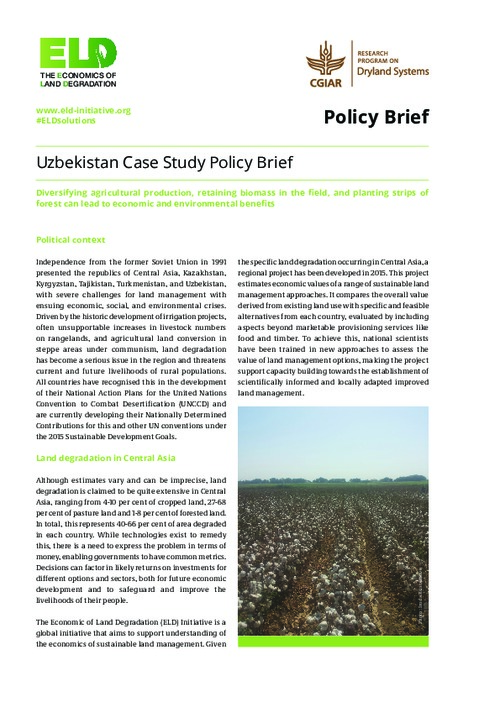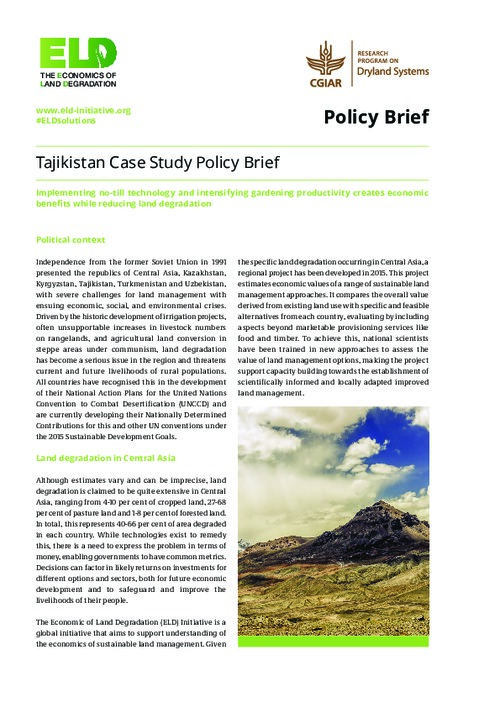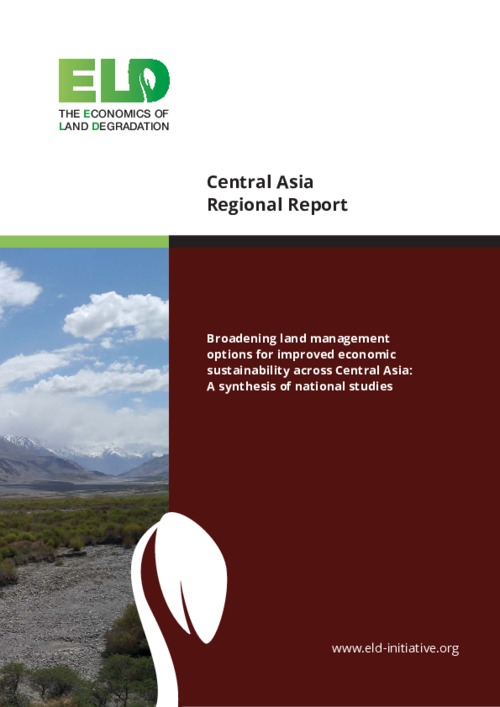Scientific Conceptual Framework for Land Degradation Neutrality. A Report of the Science-Policy Interface.
The Scientific Conceptual Framework for Land Degradation Neutrality (LDN) provides a scientific foundation for understanding, implementing and monitoring LDN. It has been designed to create a bridge between the vision and the practical implementation of LDN, by defining LDN in operational terms. The conceptual framework is a product of the UNCCD Science-Policy Interface. Pursuit of LDN requires effort to avoid further net loss of the land-based natural capital relative to a reference state, or baseline.

